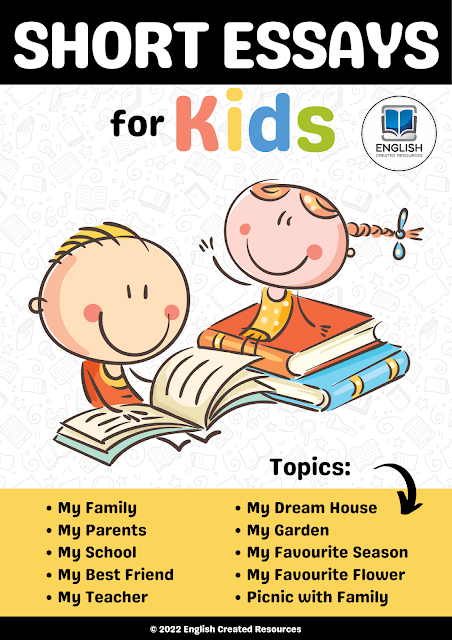Reading isn’t the only way to help with your child’s language and literacy development.
Telling stories, singing songs and saying rhymes together are also great activities for early literacy skills – and your child will probably have a lot of fun at the same time. Sometimes your child might enjoy these activities more than reading.
You and your child might like to make up your own stories or share family stories. Your child will learn words and develop language skills from the songs, stories and conversations you share together.
Why is Reading so Important for Children?
Reading allows us to be transported from our own world to another. Between the pages of a book, we can become immersed in the lives of fictional characters and learn about a culture entirely different from our own. We can also learn new words and phrases, experience a range of emotions, and acquire skills and knowledge.
Because of the learning potential, the effects of reading on child development are vast and multiple studies have highlighted its benefits. As such, teachers and parents are in a great position to ensure reading is a key part of children’s daily routine. We’ll give you some more information as to why this is so important and provide some tips that you can use both in and out of the classroom.
Reasons Why Reading is Important for Kids:
1. It expands their vocabulary.
While reading, they might come across words they have never heard – prompting them to find out what they mean. As a result, they add it to their vocabulary.
2. It makes them better at it.
Practice makes perfect, right? The best way to get better at reading is just to do it!
3. It helps build independence and self-confidence.
As they learn that they no longer have to rely on their parents to read things to them, they develop a sense of independence. Through reading, they can begin to understand the world on their own.
4. It keeps them safe.
Traffic signs have words and so do warning labels. Reading allows kids to understand when something says it could harm them.
5. It helps them make sense of the world around them.
As they learn to read they are able to determine what things around them say – from signs to stickers to labels. Being able to read helps them understand what is what and the purpose it serves.
6. It leads to their future academic success.
A child must be able to read in order to even progress through school. Reading is essential to following the instructions on the test and being able to even understand or answer the questions.
7. It enhances their imagination.
As a child reads, they can begin to imagine where the characters are. They might even create their own little world, as well. Reading enhances their imagination by forcing them to picture what the character actually looks like and who they are.
8. It entertains them.
It gives them something good to do – especially once they can start reading chapter books with no pictures, forcing them to really get into their imagination and therefore, really get into the book as well.
9. It improves their grammar.
Through reading, they can see how the author composed their sentence structure and grammar. This can also help improve their communication skills as they determine how it should be read using clues such as punctuation.
10. It improves their writing skills.
Because reading helps improve their vocabulary, communication, and grammar skills, it ultimately improves their writing skills as well.
Reading is essential to just about everything in life – from cooking to driving to just getting through school. It is important to start at a young age and teach your child the value of reading so they will grow to practice it often and value their ability to do so.
Samples From the Worksheet
It’s undeniable that a child’s reading skills are important to their success in school, work, and life in general. And it is very possible to help ensure your child’s success by reading to them starting at a very early age. Continue reading to learn more about the top benefits of reading to children and how reading can support them for the future.





Comments
Post a Comment